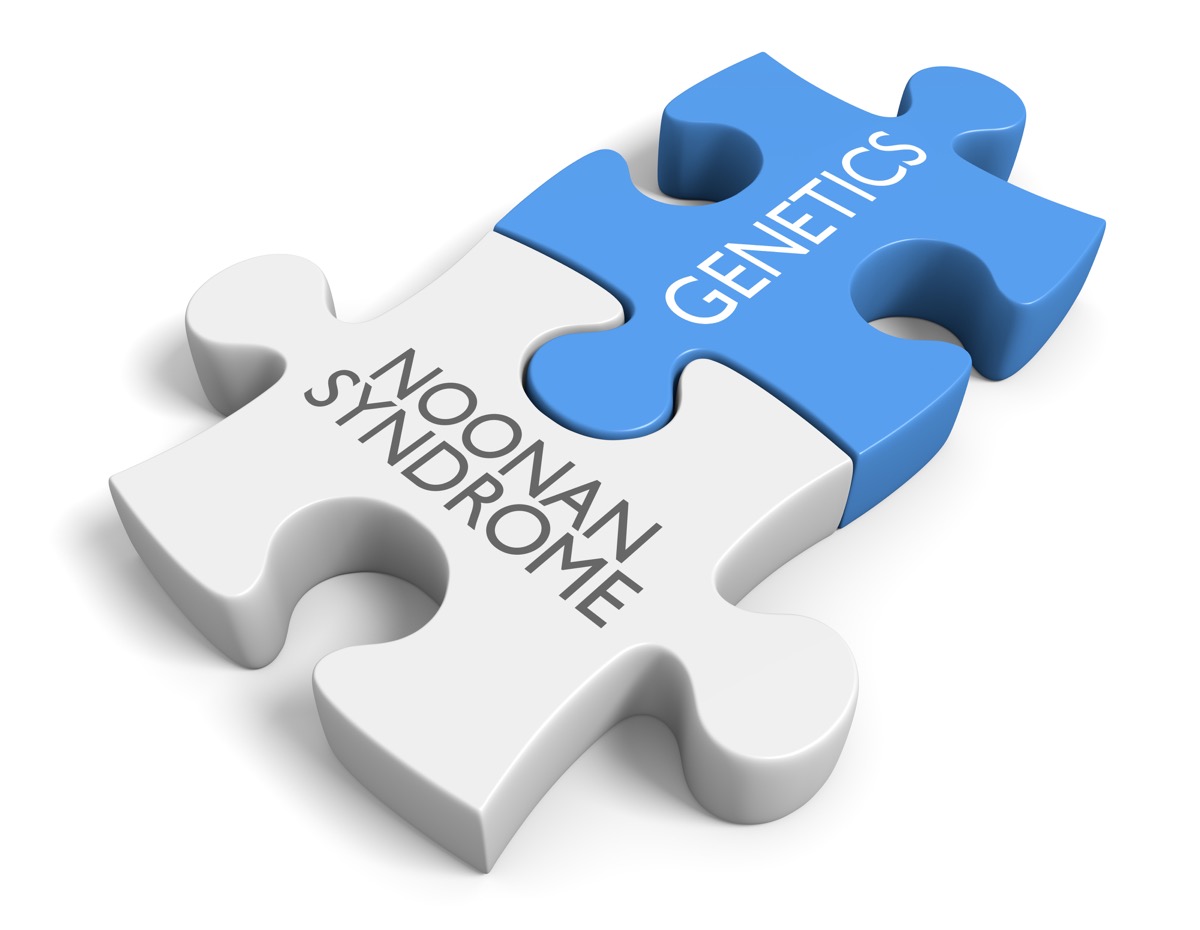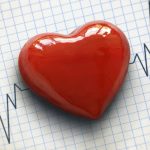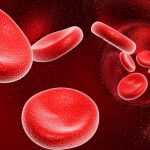Noonan Syndrome

Noonan syndrome is caused by several alterations in one or several autosomal dominant genes. The genes that have presently been identified include PTPN11, SOS1, KRAS, and RAF1. Currently, Noonan syndrome is seen in about 1 in 1,000 to 1 in 2,500 people, most of them coming from European descent. About 270,000 Americans have Noonan syndrome.
Symptoms of Noonan syndrome include distinct facial features, such as a large head, broad nose, shortened and webbed neck, low ears, and wide-spaced eyes; short, stocky stature; congenital heart defects; minor eye problems, including strabismus; history of bleeding problems; mild developmental disorders; unusual chest shapes and low set nipples; and, in males, undescended testes.
Treatment for Noonan syndrome is similar to that of Down syndrome. Depending on the symptoms present in the individual, various degrees of medical care will be needed. Some may need growth hormone treatment, intervention for developmental issues, and so on.
More from Things Health
-
The Common Cold
Common cold, also known simply as a cold, is a viral infectious disease of the upper respiratory tract that primarily affects the nose. The throat,…
-
The 8 Most Common (And Terrible) Sleep Disorders
After a long day, there is nothing better than getting into bed for a good night’s rest. However, according to the most recent Sleep Index…
-
The Rarest Medical Conditions in the World
Having a disease that is more rare does not necessarily mean that it is associated with more severe symptoms, even though this is often how…
-
The Most Common Causes of Atrial Fibrillation
Atrial fibrillation, Afib, is an abnormal heart rhythm, also known as an arrhythmia. Atrial fibrillation is described as rapid and irregular beating of the atrium,…
-
Top 6 Most Common Leukemia Symptoms
One of the most common cancers, according to the Mayo Clinic, leukemia is the “cancer of the body’s blood-forming tissues.” Leukemia attacks the body’s white…






